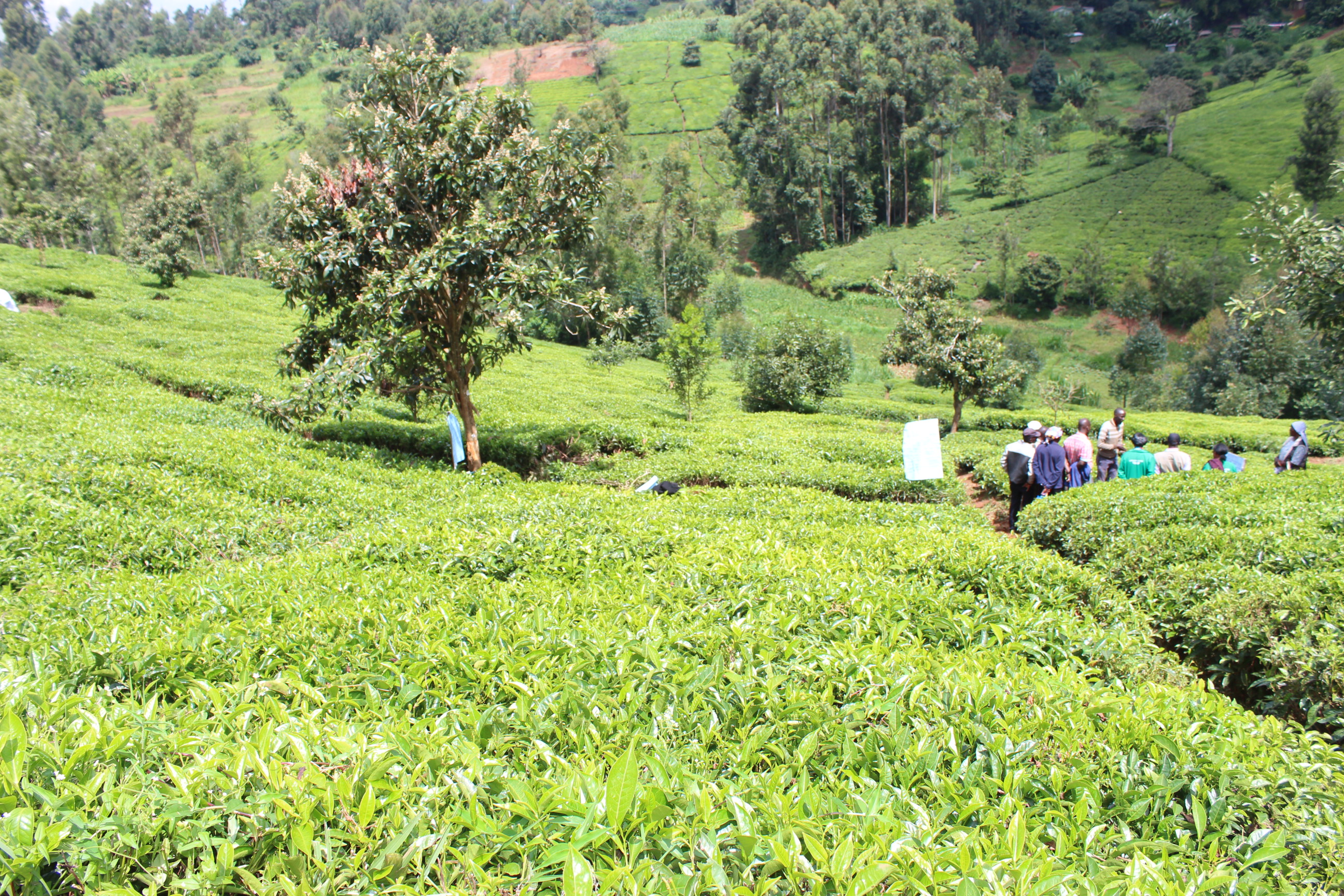
 A tea farm in Ikumbi, Kigumo subcounty in Murang'a county/ ALICE WAITHERA
A tea farm in Ikumbi, Kigumo subcounty in Murang'a county/ ALICE WAITHERA
A Chinese company is set to invest Sh13 billion in efforts to enhance Kenya orthodox tea exports.
Zhang Chaobin, the chairperson of Benny Tea, which is one of the largest tea companies in China, recently met President William Ruto in Nairobi and agreed to invest in the sector.
The move will make it possible for ths local produce to enjoy a bigger presence in the Asian market.
The company will focus on modernising Kenya’s tea processing, especially in orthodox tea production that is gaining traction in the Chinese market.
Orthodox tea is produced using traditional methods and is known for its complex flavour and delicate make that sees it fetching higher prices.
It is made by plucking, withering, rolling, oxidising and drying the tea leaves, in a process that preserves the leaf's natural characteristics unlike the widely consumed CTC (crush, tear and curl) tea that is mass produced using machines and has a different flavour.
Tea Board of Kenya CEO Willy Mutai said all KTDA managed tea factories will benefit from the investment.
“The first factories to benefit will be Mungania in Embu and Chebango, a privately run factory in Bomet,” he said.
Mutai said the partnership will help enhance the quality of locally produced tea and diversify its exports by aligning the tea industry to international standards.
As part of the investment, Benny Tea will set up orthodox plants in several tea growing counties and will be able to import tea-packaging materials from China tax free, reducing the cost of processing for local factories.
KTDA manages more than 60 per cent of the locally produced tea through the 69 factories it manages, supporting more than 650,000 smallholder farmers.
Kenya is one of the largest black tea exporter globally and raked in Sh250 billion from the crop last year, out of which Sh215 billion were from exports while the rest were generated from local sales.
Pakistan is the largest importer of Kenyan tea and accounts for about 34 per cent of the exports followed by Egypt, the UK, the United Arabs Emirates and Russia.
Mutai said demand for orthodox tea has risen globally and the country made Sh181 billion from it last year, making China the tenth largest importer of Kenyan tea and encouraging more farmers to venture in orthodox tea farming.
During International Tea Day celebrated on May 21, Agriculture CS Mutahi Kagwe announced the government will allow tea factories to brand their produce and sell it directly to international buyers without having to go through the Mombasa auction, fetching higher prices.
Further, the government plans to establish common user packaging facilities that will package bulk tea for factories at a fee to encourage value addition.











